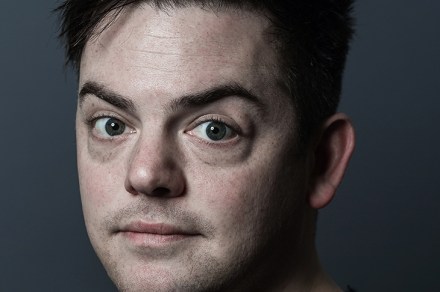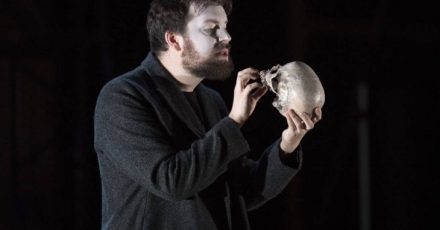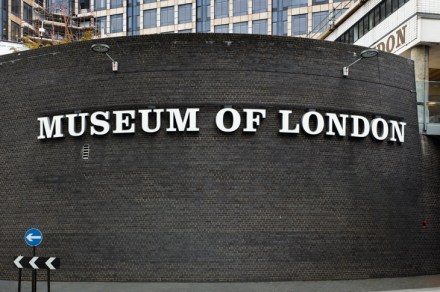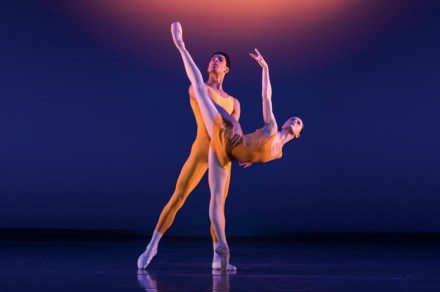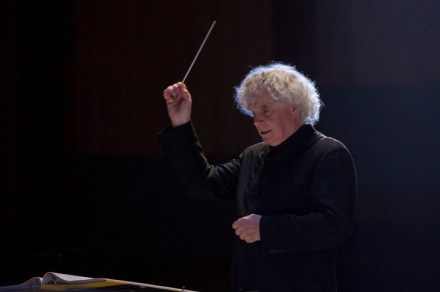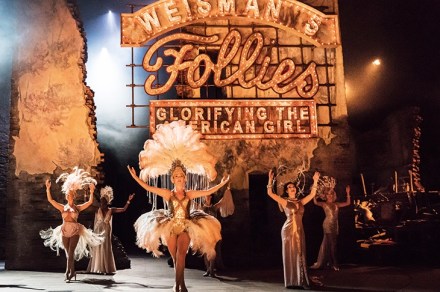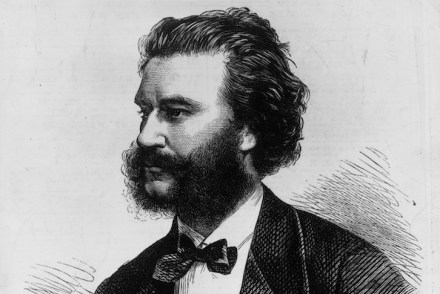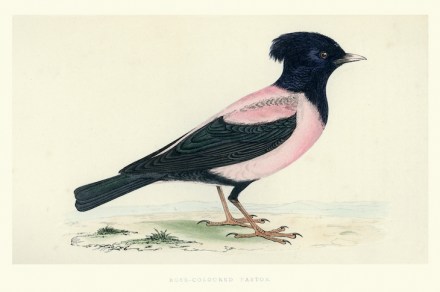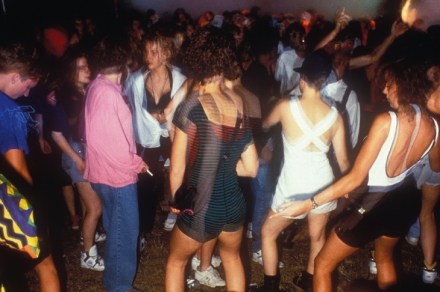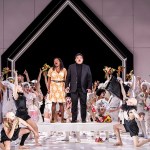Björk: Utopia
Grade: A A dimbo pop reviewer for one of our national newspapers suggested that on this album, her ninth, Björk was ‘continuing her exploration of structurelessness’. It doesn’t sound wildly enticing, does it? Do go on, etc. It is true that on Utopia there is nothing that has the glorious, simple, pop sheen, and hook, of ‘Venus As A Boy’ from all those years ago. It is true, too, that she looks like a mental on the album cover and cavorts in her videos like a member of the smafolk — dwarfish and ethereal winged creatures from Scandinavian folklore. But then she was never going to act like Bachman-Turner Overdrive,



